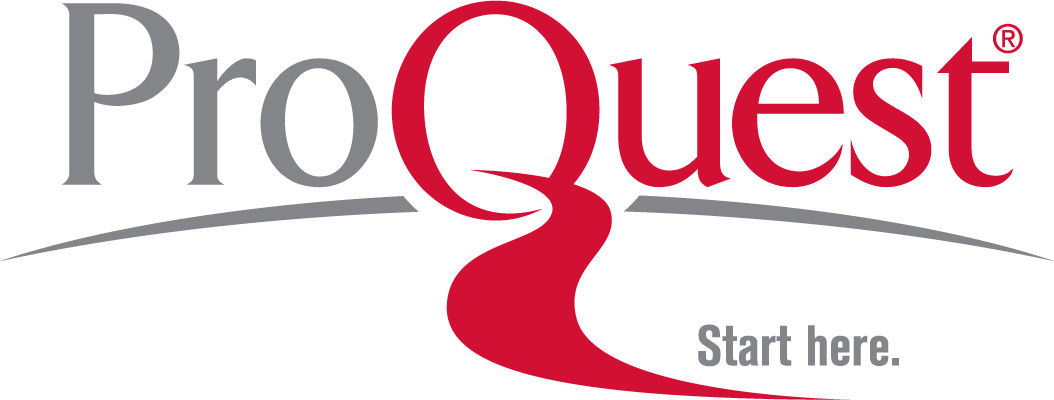Methodology of Budget Model Identification and Alteration
Keywords:
budgets, traditional budgets, advanced budgets, beyond budgets, budgets modelsAbstract
Purpose of the article: Many studies show that dissatisfaction of traditional budget models was growing among the companies over the last decades. However it is possible to compete effectively in the rapidly changing environment if enterprise refuse to use the old planning budgeting approaches, involve all employees in budget model‘s continuous improvements and development. For this purpose budgets models identification and change methodical was created. Methodology/methods: For examination of the theoretical aspects of the budget models, there were used these scientific methods – scientific literature analysis, synthesis, induction, deduction and modelling. In order to achieve this aim, extensive research of academic publications was required; on the grounds of the resources gathered from academic materials, consistent budget model identification and alteration methodology was developed for practical application in major enterprises. Scientific aim: The aim of the present academic research is the development of a methodology of budgeting model identification and alteration. Findings: Analysis of budgets models in the literatures showed that the traditional budgets are outdated approach to business planning and control. There were also determined four main budget models. The review of different researches of companies budgets, shows that even the different researches are incomparable with one each other because of different countries and years when they were done, but most of them indicate that even if companies are not planning to reject budgets. Conclusions: Budgets models identification and change methodical is presented in details, by which companies can move to modern budgets models and because of such change respond more quickly to business changes in the market and pay greater attention to motivation of their employees.Downloads
Published
2013-10-29
Issue
Section
ORIGINAL SCIENTIFIC ARTICLE











